Most Americans do not trust the media
Democracy depends on people voting, which depends on being informed, and the press is here to keep the people informed. Although simple in theory, in practice, there's a problem; Americans do not trust the media.
The news is questioned, doubted, and not believed by millions of people which is quite a challenge for democracy.
Trust in government, its institutions and media is essential to the functioning of democracy in any country. Yet today, trust is declining.
A recent poll by Rasmussen Reports shows that most US voters believe fake news is a serious problem and don't trust the political views they get from the media.
About 62% of likely US voters think the problem of bias in the news media is getting worse, while 10% believe the media bias problem is actually getting better.
This certainly is not good news. Other polls have also come up with the same alarming figures. These figures need to be put into some sort of perspective.
What are the underlying reasons of this declining trust?
These media outlets have a long history of lying.
For decades, these main media outlets have lied to sell US wars, to justify regime change operations, meddling in foreign countries. And they've also lied about domestic politics.
In the US, the media is extremely partisan. Pretty much every media outlet is firmly associated with either the Republican Party or the Democratic Party, and they usually don't publish information that can rock the boat and hurt the interests of those political parties.
Ben Norton, Journalist, Multipolarista
The public's perception of the media has been relatively consistent for over a decade.
Americans have had trust issues with the media for many years. How did such a state of affairs come about and isn’t it curious that the issue of declining trust has yet to be resolved?
It's no surprise that people don't trust the media, the media, people are starting to wake up (to the fact) that there's (sic) a lot of special interest groups. There's (sic) a lot of mega corporations that have a huge influence on the media and the media itself is also very partisan, right.
It's no secret that CNN and MSNBC are very close to the Democrats (and) that Fox News is very close to the Republicans. And you also have to understand that news media here isn't even just the facts, right? It's a Google search away. The New York Times has to send its story sometimes to the Pentagon or the State Department to get approval.
So right then and there, news media isn't even independent, right? It's very dependent on all these different groups, whether that's a corporation or an arm of the government.
Ben Norton, Journalist, Multipolarista
The low public trust is the result of years of self inflicted wounds by the media themselves where bias, blunders and superficiality is endemic.
And this, of course, plays into election campaigns because when the media fact-check candidates, the public don't believe them, or when the media reports on the candidates people believe that they are not being given an accurate picture.
When it comes to the election of Donald Trump in 2016, the media blamed Russia with no evidence, of course, these false claims came from the CIA and US intelligence agencies and people, after being lied to so long, they can see clearly that the corporate media outlets in the US serve the economic and political interests of the billionaire capitalists who own the media, and then of course, the US government itself and the political interests of the political parties that the media outlets are aligned with.(sic)
Ben Norton, Journalist, Multipolarista
A climate of distrust
Last summer I was in Philadelphia and I met a small business owner, a woman. I asked her I said, "What do you need most?" She said, looking me in the eye she said: "I just want the truth. The truth; just tell me the truth." Think on that, my fellow Americans, you're owed nothing less than truth.
US President, Joe Biden
Truth has become a rare commodity
People are wary of bias, fed up with getting lied to and, like the woman in President Biden's story, they just want the truth. They don't know how to find it or where to find it.
The problem is that some of these lies have been very costly for the public, like the reason for the war in Iraq, which led to many Americans getting killed in action.
When it comes to foreign policy, media outlets in the US frequently lie and spread propaganda to justify US wars of aggression.
We saw this with the illegal US invasion of Iraq. The media was used to spread lies about so called weapons of mass destruction.
We saw this with the NATO war in Libya in 2011. The US media spread lies claiming that Moammar Gaddafi the Libyan leader was giving Viagra to his soldiers and encouraging them to assault women. That was completely false.
The war in Syria, we saw a lot of lies, with the war in Yemen, the war in Afghanistan, there are constantly lies.
Ben Norton, Journalist, Multipolarista
This pattern of distrust has a rather interesting aspect; people trust the local government more than the state government, and the state government more than the federal government.
Does this apply to the media as well?
In general, yes. You could probably say that people in the US trust local and state government more than federal government, but really even trust in local government is not much higher.
And why is that? It's because at the federal level, the national level the United States, everyone knows that people who have more money win, if you're rich, you can basically buy a seat in the US House of Representatives. In congressional races in the United States, more than 90% of candidates who have more money win.
And the media is very similar. If you're a billionaire oligarch, if you're very wealthy, you can buy a media outlet. Jeff Bezos, the richest person on earth, who is the founder of Amazon, estimated wealth of $200 billion, he bought the Washington Post, it's his property. So in the United States, it's an ultra capitalist society. If you're rich, you can buy the media, If you're rich you can basically buy yourself a position in government, and that's why people don't trust these institutions.
Ben Norton, Journalist, Multipolarista
Interestingly, we see that many Americans now say that they're losing trust in the church, the medical system, the presidency, the Supreme Court and Congress. Public faith in each of these institutions has fallen this decade.
We are now seeing people becoming more and more localized. It would appear that they do not care about what is happening in the broader picture. They care less about the big stories, be it national or international. Although some of those stories might drastically impact their lives.
The higher you go up the chain, from local all the way to federal, or rather national, the more special interest groups, the more lobbies, the more people with money that you'll run into that have an influence on whether you are a politician, for example, or whether you're a major news corporation, right?
Because, you know, the more people that you are able to kind of influence you'll find more money in there right. And so when people are saying that they trust, you know, local media more than, you know, national media that makes sense.
Ben Norton, Journalist, Multipolarista
Fake News, the term brings to mind different things for different people, for many it is Donald Trump, who labeled virtually anything that was against him as fake news.
Fake disgusting news ... the fake media ... and the fake news refused to call it, right.
Former US President, Donald J Trump
So for some people, it is rather spooky, for some, it has lost its meaning. But one thing is certain that fake news is now ubiquitous. It's everywhere.
Where does this overwhelming volume of misinformation come from?
Is fake news a problem in the US? Well, it exists in every country. But I think one of the reasons that there's so much fixation on fake news is because the ruling elite in the United States, the billionaire oligarchs and the politicians they fund, refuse to admit why they're unpopular. Instead, they try to blame so called fake news, they blame Russia, they blame China, and they blame Iran.
The reality is that life is getting worse for average working people in the US, life expectancy is decreasing. We now see that for the first time a younger generation is having a worse life than their parents, poverty is increasing, homelessness is increasing and fake news is a scapegoat.
Instead of saying that people don't want to vote for these corrupt politicians because they don't do anything to make people's lives better, they say fake news is the real problem.
Of course, fake news does exist but the reality is that when we look at the corporate media, the corporate media is full of propaganda and disinformation. They don't call it fake news because it's serving the interests of the US government.
Ben Norton, Journalist, Multipolarista
The ratings for CNN cable television news among conservatives and liberals alike went up during the Trump presidency, but the numbers plummeted under Joe Biden's presidency.
The interesting thing here is that in both periods, trust was declining, which meant they were gaining viewers but losing trust. This pattern indicates that people are now looking at news as some form of entertainment.
It also means that media like CNN, who dislike Trump, would be very happy if he were to be by reelected simply because Trump means ratings go up, which is really strange.
I think it mainly has to do with leaving out information or giving out half truths to things. It's the way they frame stories that causes this misinformation, where all this misinformation happens from, you can say one thing, but leave out an entire historical analysis of it that kind of frames things incorrectly that makes people think a certain way or another.
Ben Norton, Journalist, Multipolarista
It's one thing to hear something that isn't true; It's another to believe it. It is these beliefs which lead to action, which can have both positive and negative repercussions.
After all, propaganda is only successful if it becomes widespread.
But why is it that so many people seem to be fooled by the fake news they are bombarded with?
People in the US can sometimes get fooled about issues because the education system is very bad and the media is certainly not teaching people what's actually happening.
There's so much propaganda, people are brainwashed from the very day they're born to hate China, to hate Russia, to hate Iran, to hate communism, to love capitalism, to love imperialism. And also racism is a huge part of this, there's a lot of internalized racism.
So when it comes to learning about other countries, there are racist stereotypes that are taught; that other countries are so called authoritarian or backward. And the so called Western democracies are progressive and they're supporting human rights.
It's a lot of propaganda and from the very day you're born, if you're just bombarded with that propaganda, day in day out, 24/7 in the media and the education system, it's very easy to deceive people and convince them with propaganda to support whatever war or aggression the US Empire wants to commit this week.
Ben Norton, Journalist, Multipolarista
Many Americans share fake news on social media, because they are simply not paying attention to its veracity and whether the content is correct.
Some of these false stories can be very dangerous, as they cause people to change their behavior, which is why medical disinformation was so concerning during the COVID pandemic.
Why is it that the US public seems to be so ignorant regarding the facts?
Yeah, ignorant isn't the word I would use, I would use the word misinformed, to some extent even indoctrinated.
From the moment Americans are born they are subject to the most immense indoctrination campaign probably in history, everything from Hollywood action movies, to what they see on TV, to the education Americans receive is part of this, you know, American exceptionalism, so called exceptionalism, that is kind of hardwired into Americans at some point.
And so when, you know, Americans come off as ignorant, right, it's mostly because of all this indoctrination that they've received and they don't have any, you know, mainstream news outlets or some formal education to kind of break them out of it.
Ben Norton, Journalist, Multipolarista
There are a lot of partisan folks out there who don't have any interest in unbiased and fair journalism; they want their preferred media to either back their candidate or eviscerate the other candidate, or preferably, to do both.
A Pew survey suggests that 95% of MSNBC's audience is currently Democrat, while 93% of the Fox News audience is Republican.
It would appear that instead of voters being shaped by news, news is being shaped for voters.
The media in the United States is completely polarized based on one faction of the two corporate imperialist parties, the Democrats and the Republicans. ... Republicans tend to watch Republican media outlets and read Republican media outlets, like Fox News or the Washington Times, and Democrats tend to watch MSNBC and read the New York Times and that, it's not new, in many countries around the world there is this kind of polarization.
But in United States, it is extreme. These media outlets do not in any way pretend to be neutral, and they are not neutral, they are extreme propaganda. And this leads people to just basically go along with whatever media outlets they prefer.
Ben Norton, Journalist, Multipolarista
There are two Americas now, each listening to its own preferred news sources, two parallel public realities in which people only want to watch what they already agree with.
Read stories like that all the time, too. It's very unfortunate. I think it's, honestly, just a testament to how much, you know, the American government does not care about education, does not care about kind of sustaining its own population, of creating ... an intelligent workforce.
Rather, as you know, the education system here is crumbling, right. Where there's the majority of people, state to state, like you know, in urban centers, we see education funding being pulled, we see resources being pulled, and, you know, all that money goes to (the) cops or the military.
Ben Norton, Journalist, Multipolarista
Maybe it is hard for the ordinary people to see this destructive pattern of polarization in the media and its consequences, but what about the media outlets themselves, which consist of professional journalists, pollsters, writers and so on?
Surely they can see this destructive pattern, so why is it that they do not try to inform the public about it and stop this kind of behavior?
We should keep in mind that these media outlets belong to billionaire capitalist oligarchs who are making money off of this.
So it's not just a problem of polarization. It's a problem of the very structure of the corporate media. Its corporate. It's not about informing people, it's about making money.
Informing people is secondary; the first & most important thing is making money. And you make money by serving the political interests of the US State Department, of the military industrial complex, and in one of the two political parties, you pick one of the parties and you serve their interests and you make money from it.
So all these problems are simply byproducts of the undemocratic capitalist system in the United States, in which, if you're rich, you can control society, you can buy influence in the political system, you can buy the media, and you can tell people what to think.
Ben Norton, Journalist, Multipolarista
The war in Ukraine is rather a good example of media coverage and how it shapes people's knowledge about what is going on.
Who is winning the war in Ukraine pretty much depends on who is doing the talking.
The US public is generally told that authoritarian Russia cannot be trusted with the facts, let alone the truth about the war. So the Western media have to be trusted to present the news.
The proxy war in Ukraine is a great example of the power of propaganda and the corporate media.
We see that media outlets in the US refuse to acknowledge facts that are undeniable, for instance, the United States backed a violent coup that overthrew Ukraine's democratically elected government in 2014.
That fact is conveniently left out of basically all media, instead, corporate media outlets portray Russia as this crazy imperialist country that just wanted to invade Ukraine, because Putin is supposedly evil or whatever ridiculous nonsense.
They ignore the fact that the United States started a civil war in Ukraine back in 2014, and that, according to the United Nations, 14,000 Ukrainians died in that Western fueled war between 2014 and the end of 2021.
Ben Norton, Journalist, Multipolarista
The one sided story being told by the US media about the war in Ukraine means that anyone trying to come up with a different narrative will be simply outcasts, as a Russia sympathizer, a far left, or far right, fanatic.
When Russia invaded Ukraine, for example, the news media completely failed to mention why they were even there in the first place.
They fail to mention, you know, the expansion of NATO eastward for a decade now, they fail to mention the US backed coup that happened eight years ago, they fail to mention that Ukraine has been behind the Donbas region for eight years, but instead what they did was they kind of framed this as like an invasion that happened for no reason just because Russia is supposedly a bully.
Ben Norton, Journalist, Multipolarista
Now, if anyone tries to underline these underreported aspects of the war and slam the policy of the US and its allies towards the war, they would be labeled in the mainstream media as narrow minded people who do not see the big picture.
The US and European countries were sending billions of dollars of military assistance and weapons to Ukraine before Russia sent a single troop in, on February 24th of 2022.
All of that history is erased by the media and the media portrays the conflict as a supposed battle between good and evil, democracy and authoritarianism.
They don't mention that the Ukrainian regime is extremely undemocratic, that it banned opposition parties, that all socialist and communist opposition parties have been banned, that opposition media outlets in Ukraine were shut down. They don't mention any of those facts.
Ben Norton, Journalist, Multipolarista
Another international story that is often distorted by the US media is the issue of Palestine. Hardly a day goes by without Israeli troops committing a horrible crime against Palestinians. And there is no boundary to these atrocities.
Children as young as five are arrested and put in jail. Women and the elderly are shot. Residents are forced to destroy their homes with their own hands. And yet, Israel's image has remained positive among not only the Republicans but also the Democrats.
The reason that there is still support among the US public for apartheid Israel, is because most people in the US don't know anything about Israeli Apartheid.
Israel is simply portrayed as a democracy, even though it's not in any way a democracy.
The fact that it's an apartheid regime that systematically violates the rights of Palestinians, that colonizes Palestinian land, illegally occupies Palestinian land; that's never mentioned in the (mainstream) media. And the reality is that many people in the United States, they only learn about this information from the media.
So yes, they are propagandized, that's why they don't know what's actually happening. They get all this propaganda spoon fed to them through corporate media outlets that support the apartheid Israeli regime and oppose the rights of Palestinians.
They don't know that the apartheid Israeli regime constantly murderous Palestinian journalists and children and doctors and nurses and illegally steals and occupies their land, and is committing ethnic cleansing and genocide.
Ben Norton, Journalist, Multipolarista
As the declining trust towards the media shows no signs of improving, the US public just goes from one episode of extremism to the next.
There was once talk about political divisions, but it seems that we are beyond that and that people are now talking about political tribalism.
Some have even gone further, saying we are in political sectarianism, where people hate the opposing group, more than loving their own base, and a trace of corrupt media can be found in all these stories.
President Pezeshkian vows historical Iran-Iraq relations will remain stable
Iran’s iron and steel exports up 27% y/y in Apr-Dec
Sudan is scene of 'horror and hell': UN rights chief
Scottish leader vows another independence vote if his party wins in May
Israeli forces, settlers burn homes, shut schools in attacks across West Bank
Intelligence Ministry: 300 ringleaders of foreign-backed riots arrested across Iran
Iran begins easing bans on global internet
Pezeshkian: Any attack against Leader ‘full-fledged’ war with Iranian nation


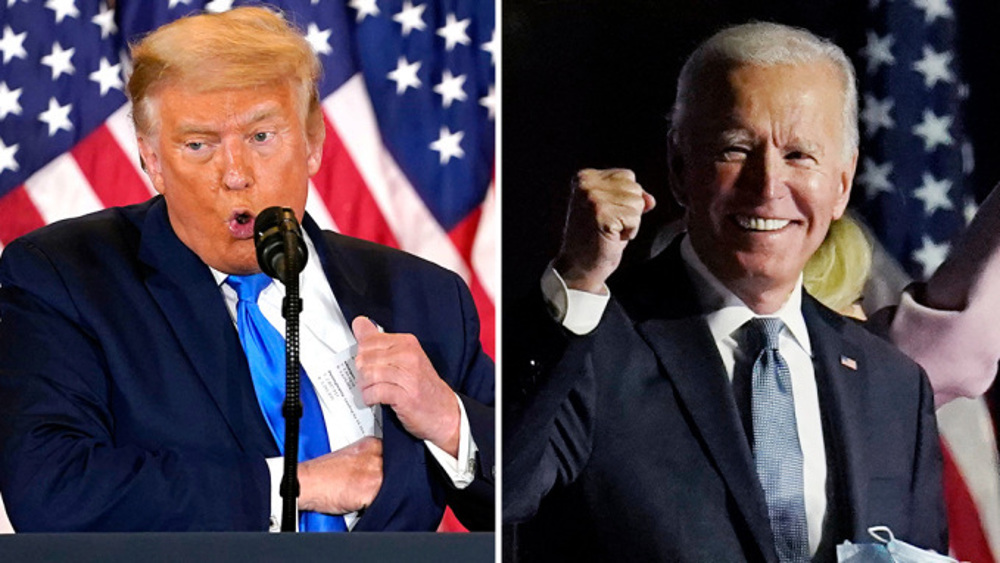
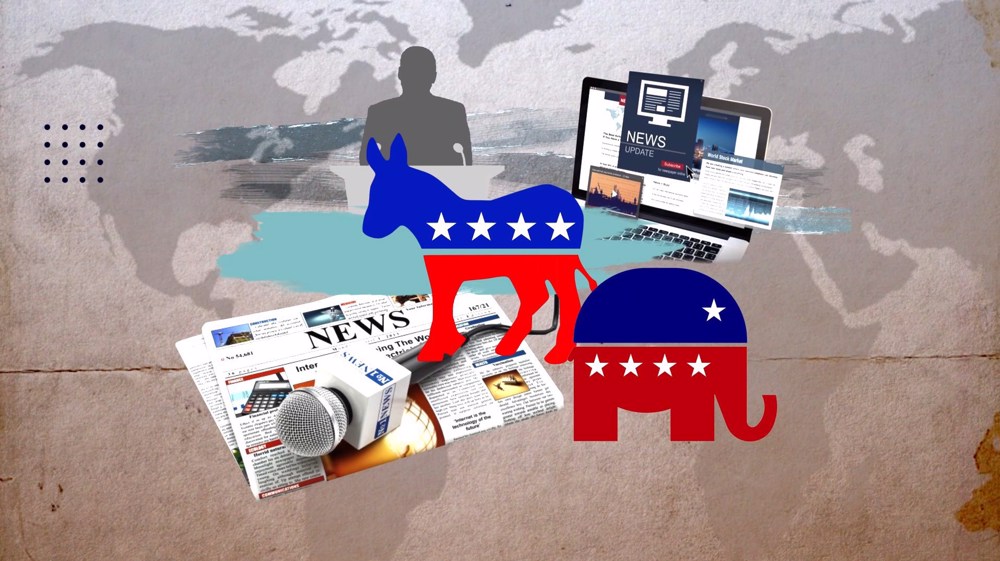
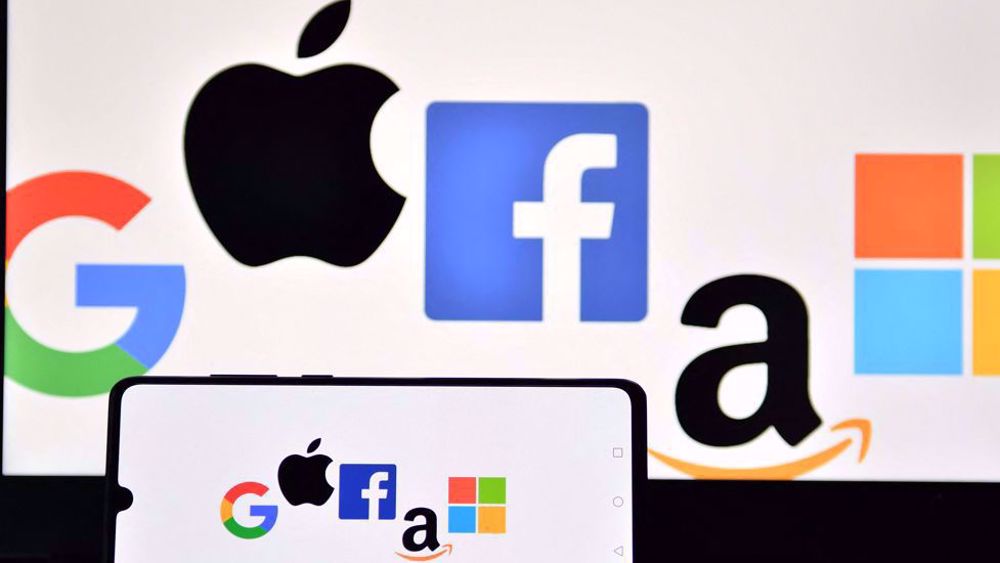
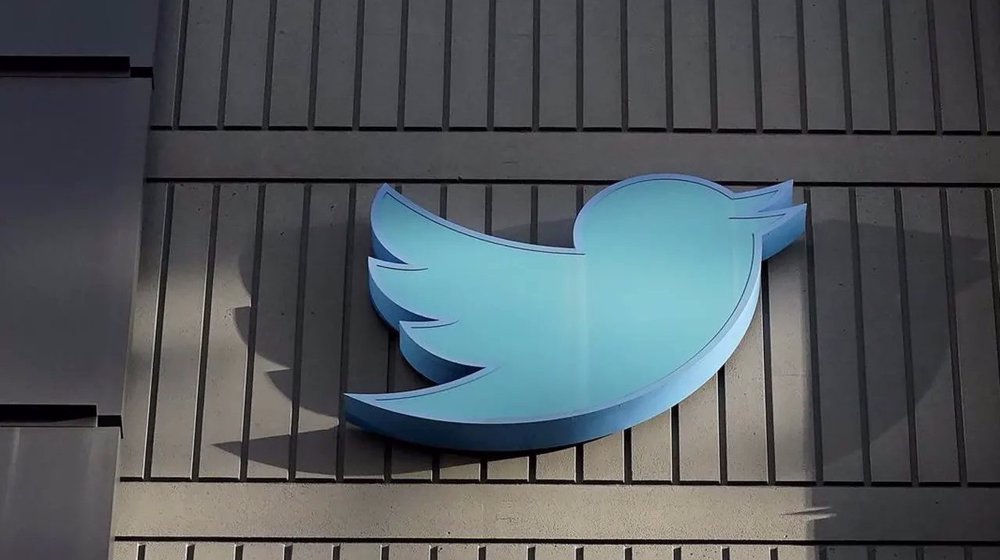
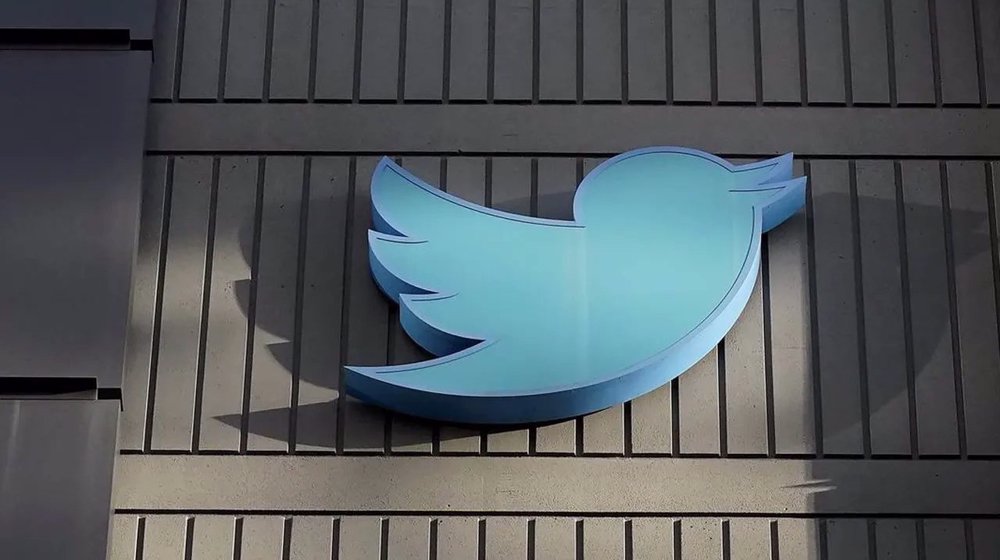
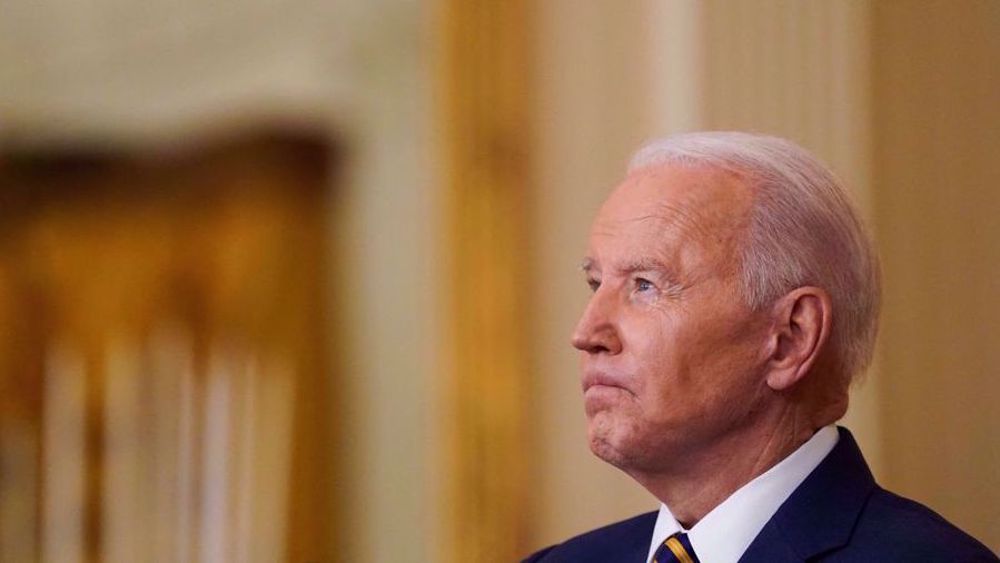
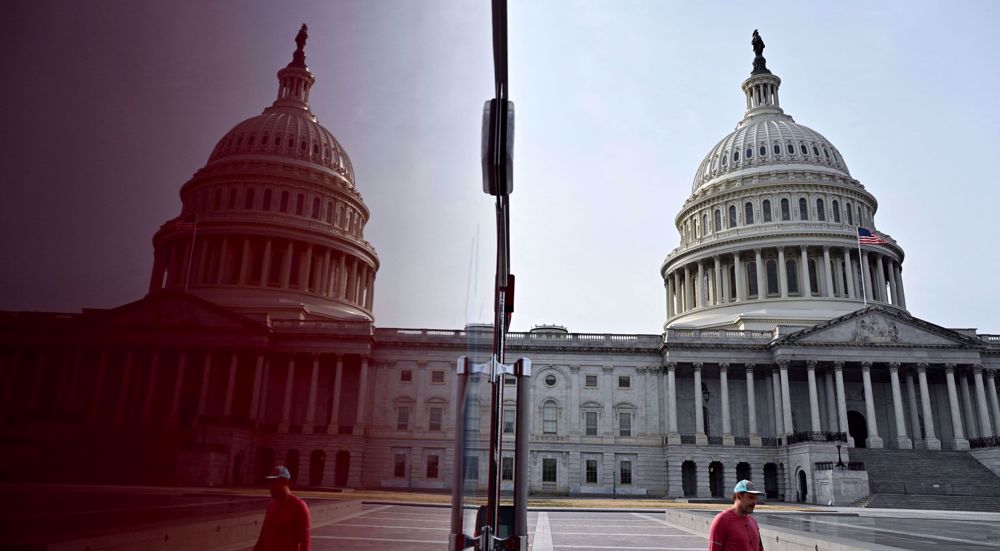
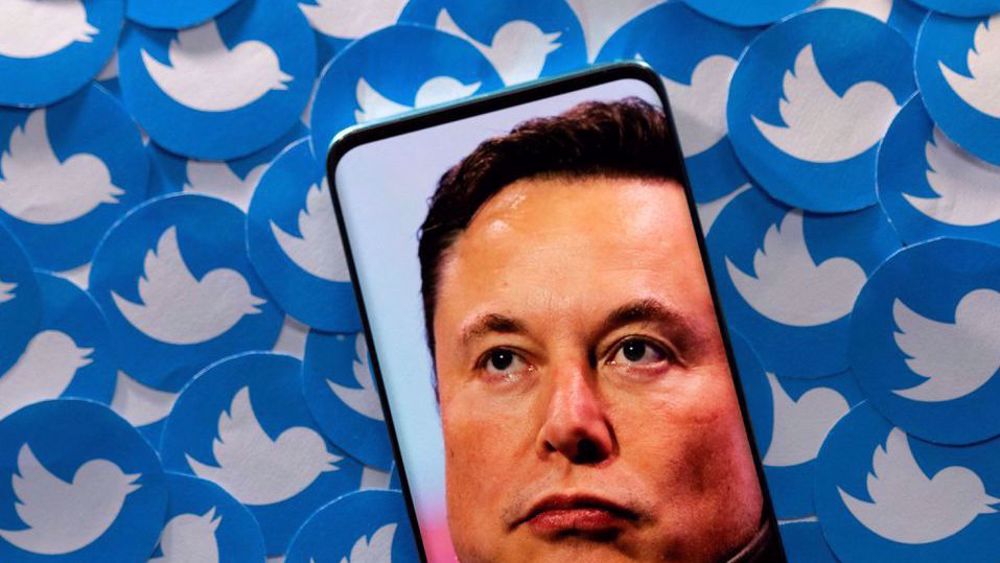
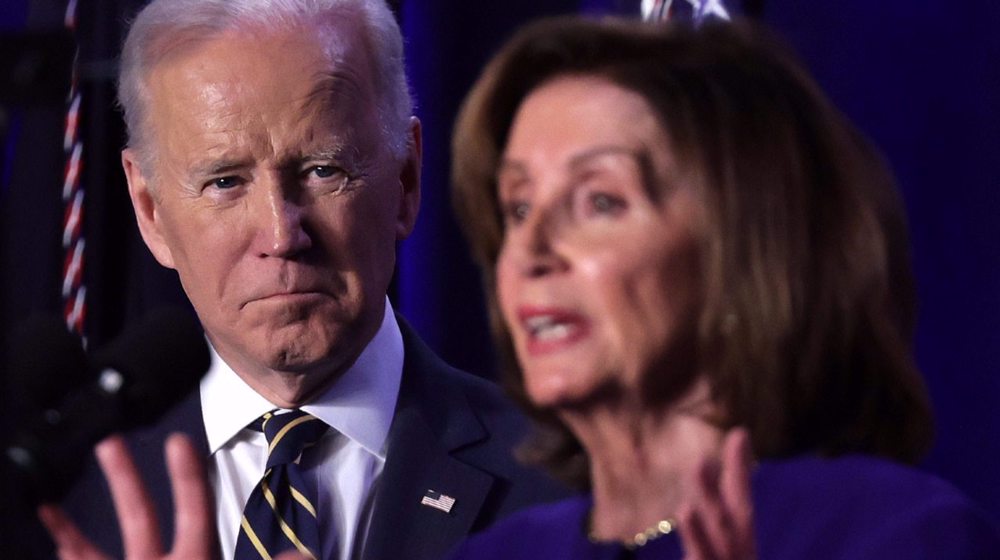


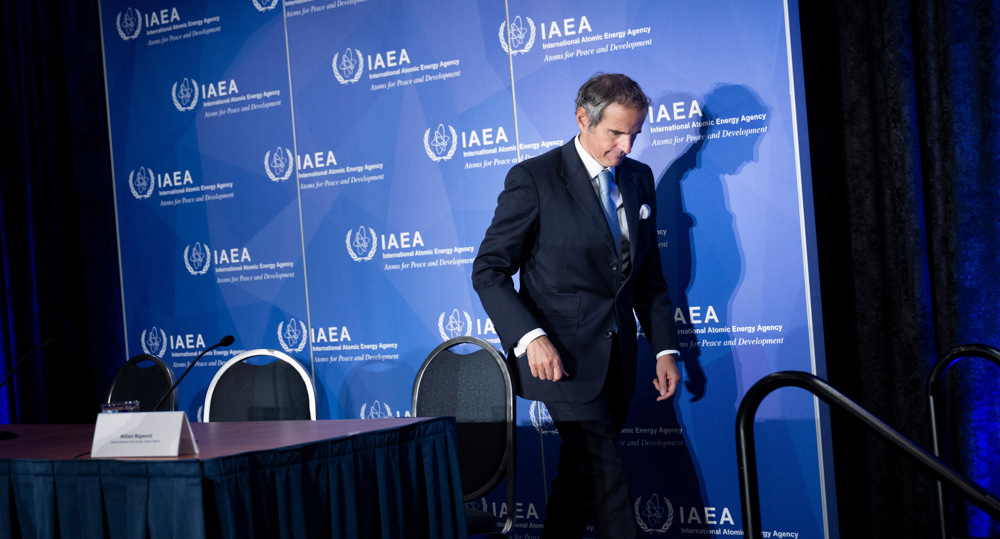

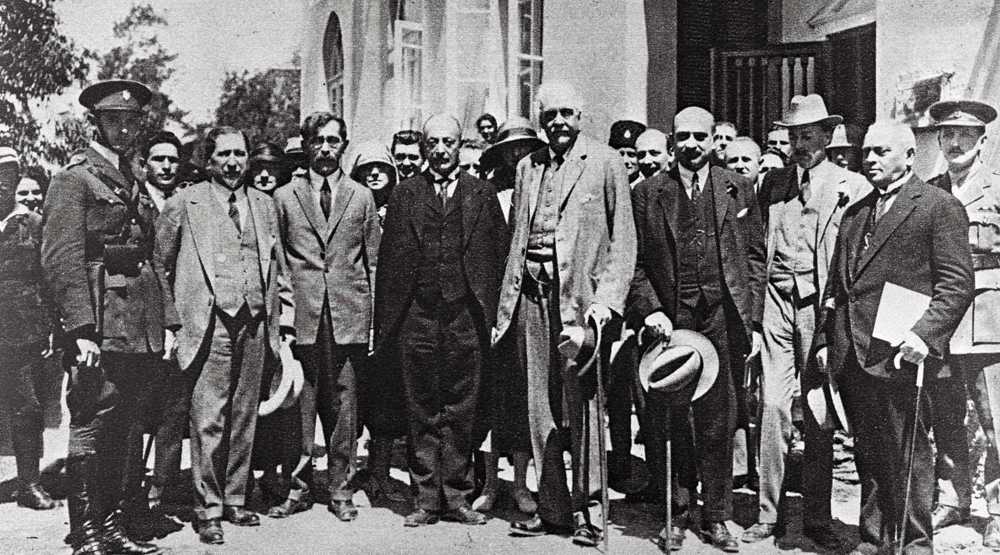

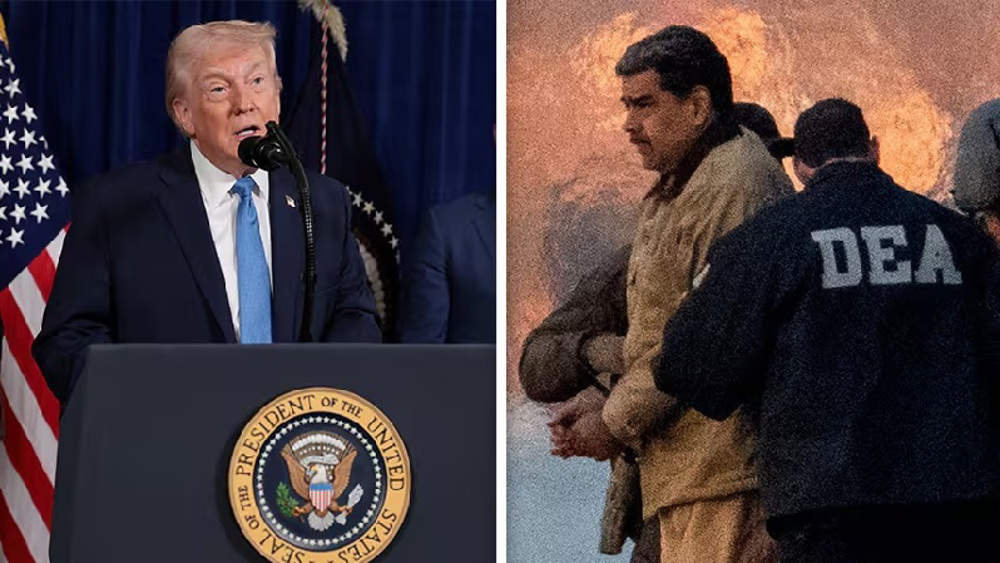

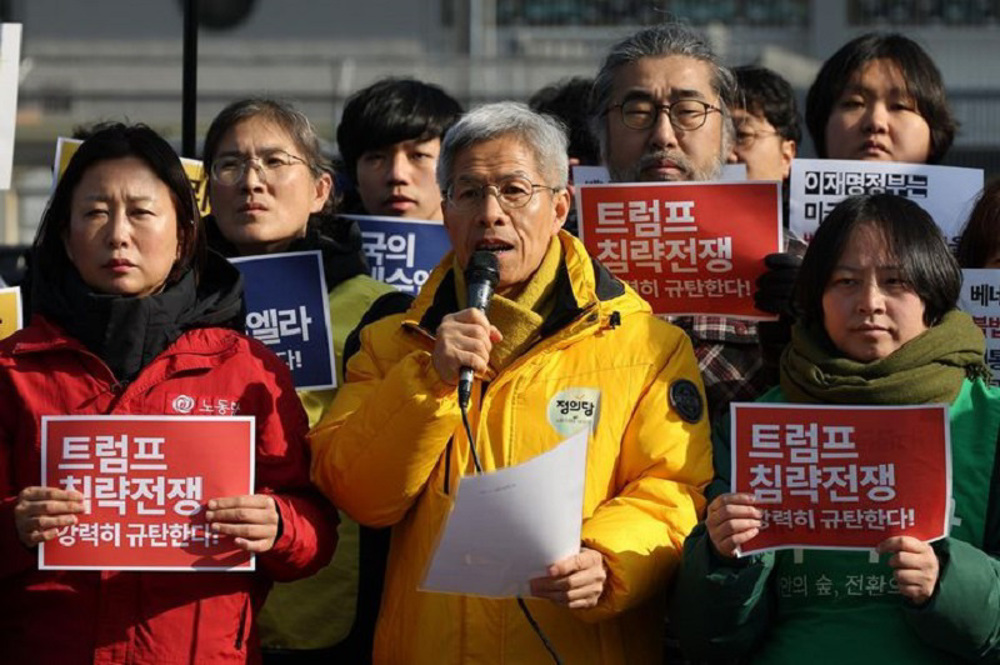




 This makes it easy to access the Press TV website
This makes it easy to access the Press TV website